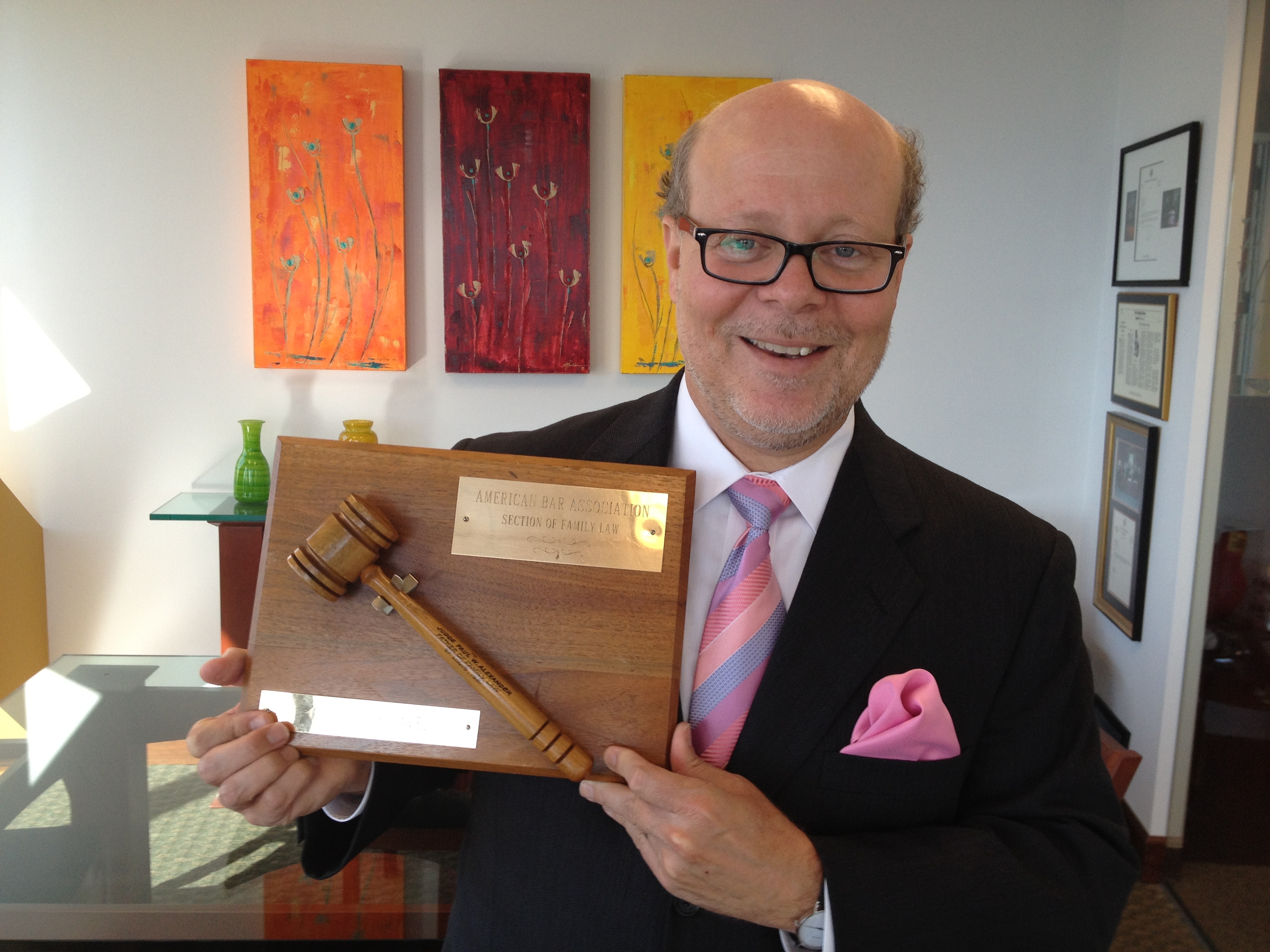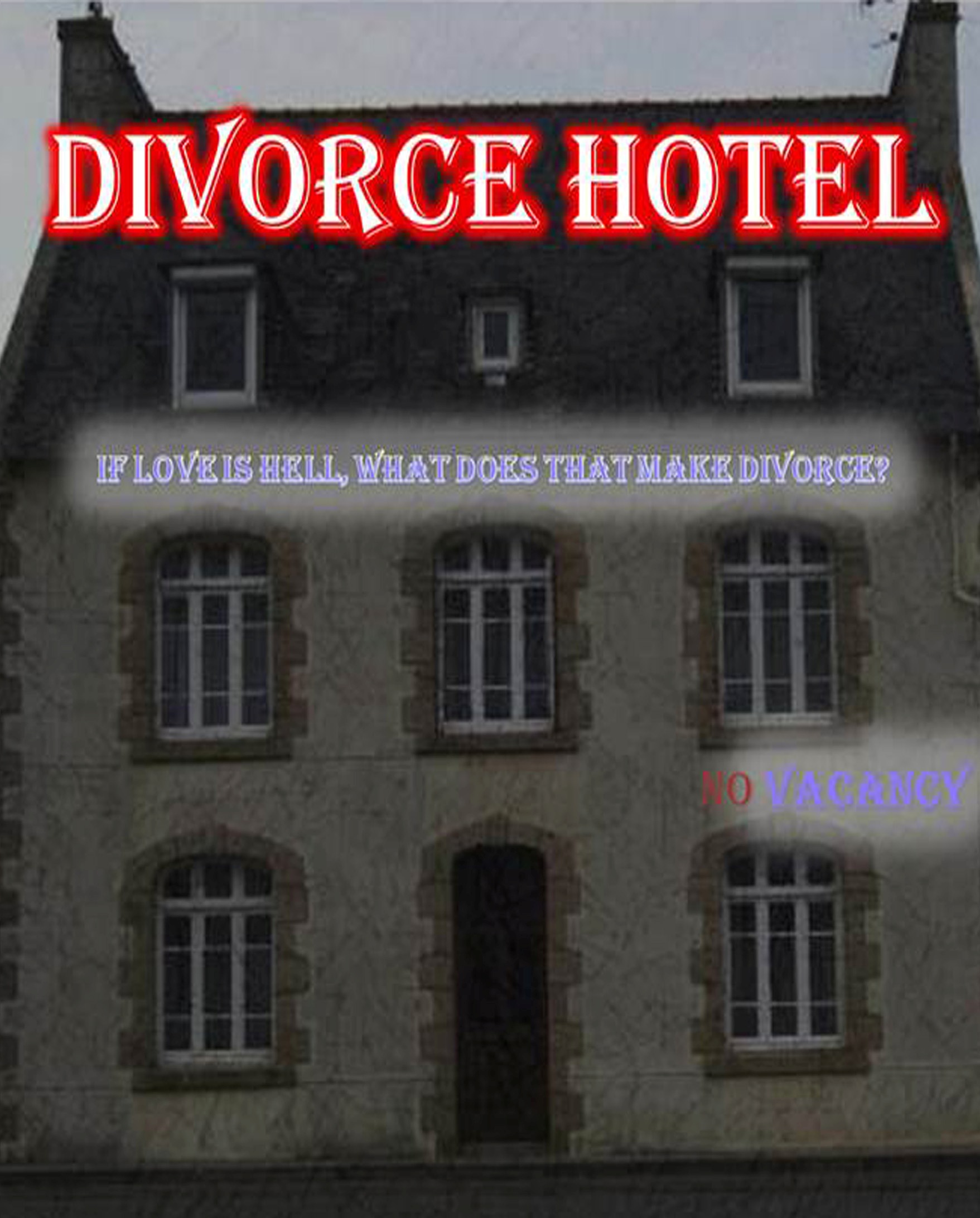 The following is a copy of my recent post for LinkedIn:
The following is a copy of my recent post for LinkedIn:
I was interviewed today (October 21, 2012) on CNN about the new Federal Court decision declaring section 3 of the Defense of Marriage Act (DOMA) unconstitutional (click here to see the interview: http://youtu.be/TErI_O9nQ6E). This is another step towards the U.S. Supreme Court eventually addressing it, and in my opinion, declaring sections 2 and 3 to be unconstitutional. The case was EDITH SCHLAIN WINDSOR, IN HER OFFICIAL CAPACITY AS EXECUTOR OF THE ESTATE OF THEA CLARA SPYER, – v.- UNITED STATES OF AMERICA. The case can be read in full here.
To summarize, the case held that an elderly woman (83 years old), could not be forced to pay over $300,000.00 in federal estate taxes on assets her partner had left to her when she (her long time partner and wife) died. They had gotten married in Canada and lived in New York, where same-sex marriage is legal.
The Court said “Homosexuals have suffered a history of discrimination” and used a heightened scrutiny test treating gays like other minorities which made it easier to find the law unconstitutional. They said: “[W]e conclude that Section 3 of the Defense of Marriage Act violates equal protection and is therefore unconstitutional”
Here is what Section 3 says:
“In determining the meaning of any Act of Congress, or of any ruling, regulation, or interpretation of the various administrative bureaus and agencies of the United States, the word ‘marriage’ means only a legal union between one man and one woman as husband and wife, and the word ‘spouse’ refers only to a person of the opposite sex who is a husband or a wife.”
Same Sex marriage licenses are issued in: Massachusetts, Connecticut, Iowa, Vermont, New Hampshire, New York and the District of Columbia so according to this opinion, the federal government must recognize same sex marriages in these states and thus federal laws applying to married people should apply to married same sex partners.
Will the United States Supreme Court review this case? Who knows? Perhaps. But they may want to await a future decision that also raises the constitutionality of section 2 of DOMA, which seems to violate the full faith and credit clause of the constitution by stating that states need not recognize marriages in other states between same sex individuals if such state itself does not want to deem such marriages valid. But surely this case makes the issue more noticeable and in need of clarification. And since congress isn’t likely to try to fix this or address the constitutionality (the congress actually paid to defend the law in this case since president Obama would not), it seems the supreme court is where it will ultimately land.
One interesting line from the opinion is: “The law is not concerned with holy matrimony. Government deals with marriage as a civil status–however fundamental–and New York has elected to extend that status to same-sex couples.” This statement, to me, makes it clear that the legal definition of marriage, can, may and often will differ from the religious, moral and philosophical definitions of marriage espoused by different people, different religious experts and others. But the fact that same sex marriage has been declared legal by some states seemed to carry the day in this case. This decision stated clearly that the federal government cannot contravene the state’s determination that same sex marriage is authorized and that in this case, the federal law, DOMA which attempts to override state law, is unconstitutional.
 As written for my “Influencers” post:
As written for my “Influencers” post:








